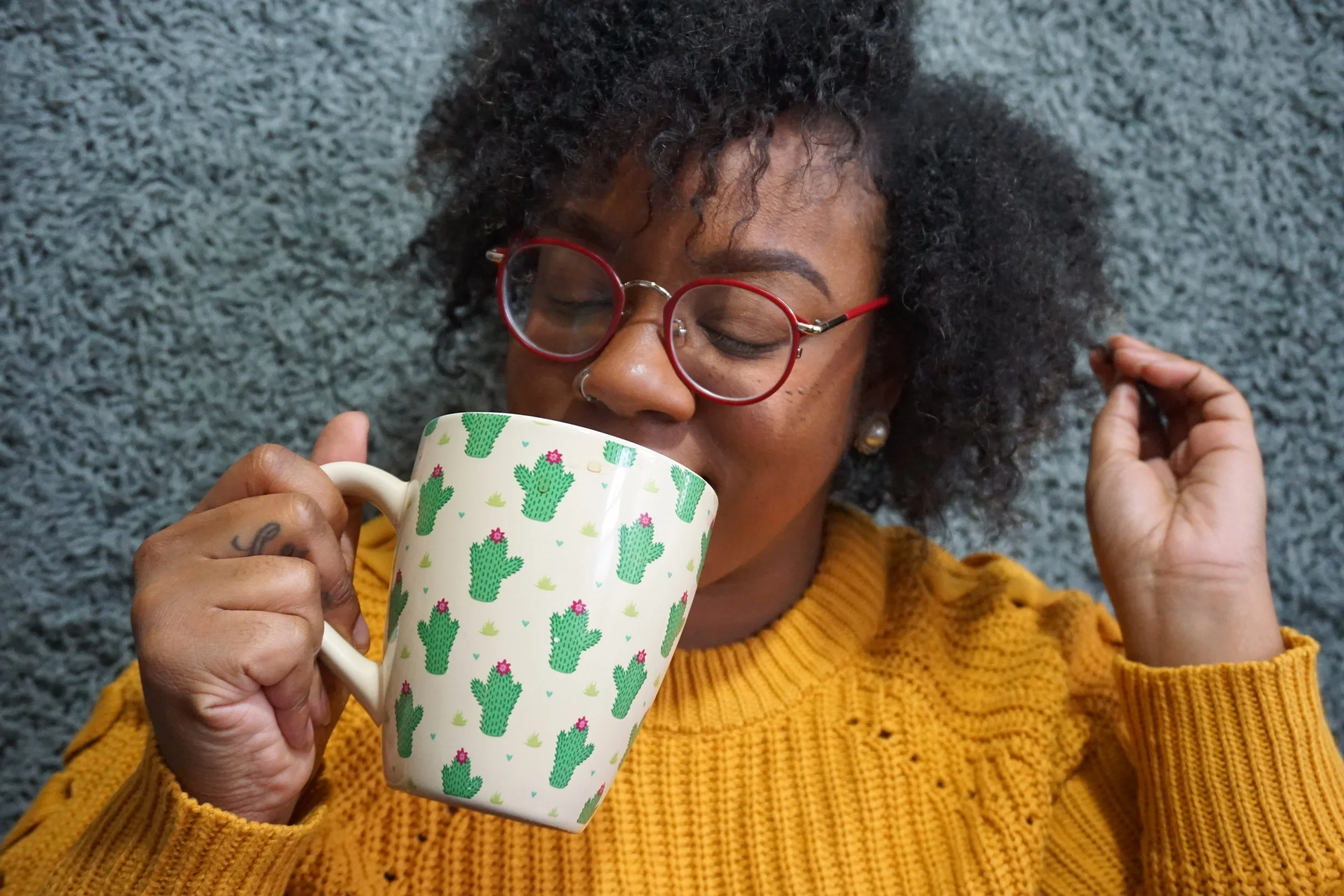Battling Seasonal Affective Disorder
Fall/ winter brings out so many of our favorite things: cooler weather, boots, dark lipstick, and the joy of the holidays. Unfortunately, the change in season also brings about a mood change known as Seasonal Affective Disorder or seasonal depression.
Seasonal Affective Disorder typically happens twice a year but is most common in the fall/winter months. This is because the days during these months are shorter which means that there is less natural light for our bodies to absorb. This lack of light throws our body's circadian rhythm off balance and creates a natural change in the brain's serotonin levels.
These changes to our body's levels can also cause changes to our mood and energy levels. Some symptoms to look out for are fatigue, change in sleep pattern, aches and pains, withdrawal from people or group activities, irritability, and increased appetite.
These factors can be some of the reasons why many people experience an increase in weight during the fall/winter months as well.
So, now that you know what it is how do you fight it?
Light therapy. When you wake up in the morning let opening up the blinds be the first thing that you do. If you have time try to soak up as much natural light as you can; go outside for a walk, read a book in the backyard, or take the kids to the park.
If these things aren't feasible for you-you can also invest in natural light lamps. These are lights that mimic natural light and can be placed at your work desk to help increase your serotonin levels.
Exercise. Exercise is one of the most slept on antidepressants. Exercising releases a chemical called endorphins into the body. These endorphins trigger positive feelings in the body and diminish the perception of pain.
Get good sleep. Getting a good night's sleep is definitely easier said than done, but it's important to make an honest effort. Try unplugging 1 hour before bedtime. Once you've unplugged begin your nighttime routine.
Medication. There are several types of medications that can be helpful when dealing with depression. If you think that medication is an option for you I advise seeing a professional first.
Though seasonal affective disorder may not be on your radar if you are noticing any of the symptoms it couldn't hurt to take a little extra care of yourself.
If you are already managing depression, it's important to know that you are more likely to be affected by S.A.D. To help, I've shared my go-to coping skills in an earlier post that you might find helpful.
Share this post with your friends to help any of them who might be affected by SAD. Also, make sure that you're checking on them occasionally this season.
Like, share, + subscribe
Facebook | Twitter | Instagram
